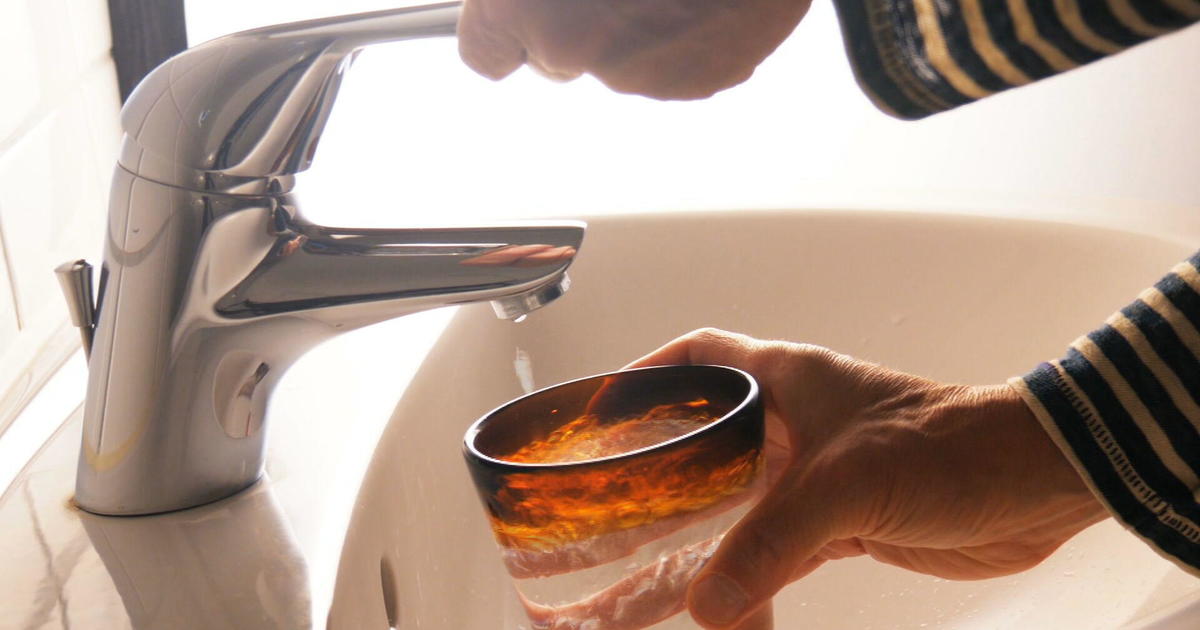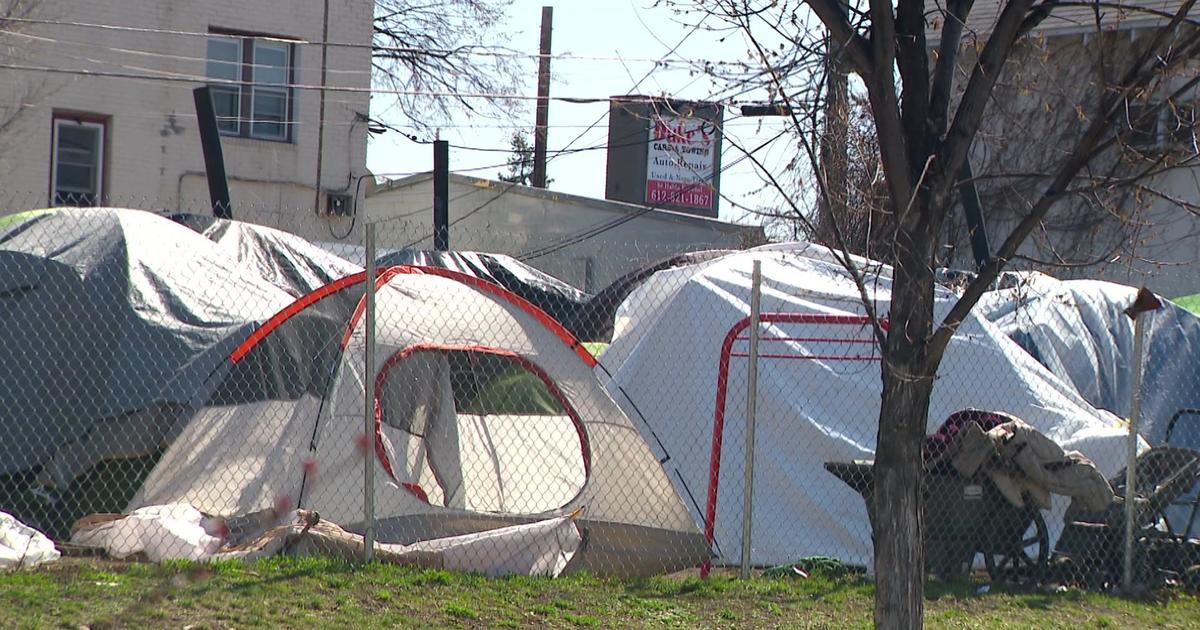Bill Aims To Back State Off On Chili Cook-Offs
ST. PAUL, Minn. (AP) — If you ask Bart Taylor, the state's health department killed his award-winning chili.
Taylor won the Crosslake Chamber's annual cook-off several times with a recipe that includes 24 pounds of beef brisket smoked for 18 hours. But that ended after the Minnesota Department of Health intervened in 2011. Citing food preparation rules, the agency said each contestant's chili had to be cooked on-site. The Crosslake contest is held at various local businesses. Taylor couldn't roll his smoker into his work at a local bank, so he dropped out last year.
"I'm not going to make chili that doesn't meet my standards," said Taylor, a self-described chili athlete. "It was a heart-wrenching decision to pull out and say, 'You know what, we don't need to be protected.'"
Freshman Democrat Rep. Joe Radinovich, from nearby Crosby, introduced a bill Monday that would ease the Minnesota Department of Health's regulations on chili and soup cook-offs. Radinovich said his push to preserve chili cook-offs in his district is common-sense legislation.
"(Consumers) understand that it's a different situation than going into a restaurant," Radinovich said.
For 25 years, business owners have perfected their chili recipes and brought them to work for judges and visitors to sample during the annual Crosslake Chamber chili cook-off.
It's the city's way of trying to boost business during a slow fall season but also a point of pride for the lakeside town near Brainerd. Restaurants compete in their own, more intense division, and each winner gets bragging rights and a trophy to hold until the next contest rolls around.
Cindy Myogeto, director of the local chamber, said participation in the amateur contest has been cut in half since the state started requiring contestants to brown meat and mix secret spices at work rather than at home the night before.
"It has killed the integrity of the contest," Myogeto said. "It just seems crazy that they'd rather have the chili prepared at a veterinary clinic or a hair salon than in a business owner's home kitchen."
She and other community members met with Radinovich, other lawmakers and representatives from the Department of Health to find a working solution. The bill introduced Monday is the result.
His proposal tries to address public health concerns by requiring the contestants to take a short food preparation seminar and put a disclaimer about the possibility of food illness on the bowl for testers.
A Department of Health spokesman declined to comment on Radinovich's bill because it had just been introduced.
It's reminiscent of a legendary law in Minnesota politics, a push in 2000 by former Rep. Al Juhnke to exempt potlucks from health regulations — "the bill that saved the hotdish," he calls it.
It started when Juhnke was turned away, crockpot in hand, from a 1999 bean feed in Willmar. An employee at the door told him that health officials wouldn't allow them to bring home-cooked food into the building. He'll never know whether his baked beans would have taken first prize.
"I'm certain in my mind that they would have," he said.
But his hotdish bill eventually passed the Senate on a resounding "ya, sure" voice vote.
Juhnke said he thinks chili cook-offs are similar to potlucks — neither need to be policed very hard.
"When you're having a public food event ... that has been part of the fabric of Minnesota forever, I always look for the commonsense thread," he said.
(© Copyright 2013 The Associated Press. All Rights Reserved. This material may not be published, broadcast, rewritten or redistributed.)



